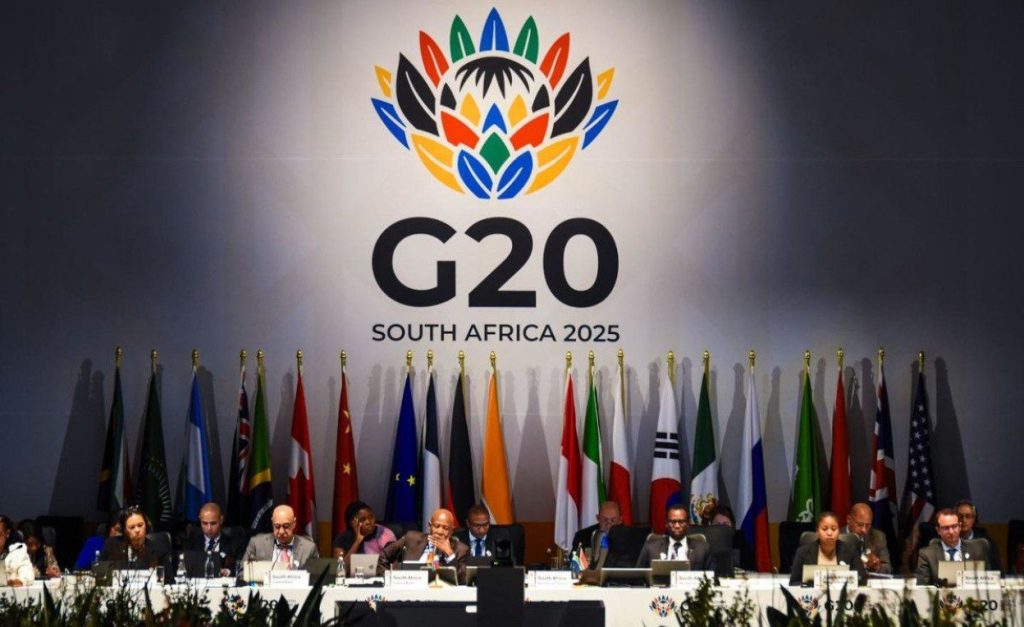The push for developing countries to impose a price on GHG emissions, either in the in the form of a carbon tax or emissions trading scheme (ETS) has accelerated over the past few years. The EU’s carbon border adjustment mechanism (CBAM), which imposes a tariff on carbon intensive imports into the EU, does just that. Officials within the World Trade Organisation are developing frameworks to encourage and support carbon pricing within developing countries, as is the World Bank, through its Partnership for Market Implementation.
The take-up in African countries, however, has been slow. Only South Africa has a carbon tax. Six other African countries have been considering the imposition of a carbon tax or ETS, but many have been on the burner for years. By comparison, however, a tax or levy on carbon emissions from vehicles have been more popular. Malawi, Mauritius, Rwanda, Uganda, Zambia, South Africa, and Ethiopia all have some type of vehicle emissions tax or levy on GHG emissions.
The most recent addition is Ghana’s annual carbon levy on petrol or diesel-powered vehicles that was introduced on 1 February 2024. Leaders and environmental groups have applauded the measure as an efficient way to reduce emissions and raise revenue for government. The Ghana Revenue Authority, has defended it saying that it support’s government’s plans “to promote the use of eco-friendly technology and green energy”. But it has been met with scepticism with some arguing that it is unfair, ineffective, and counterproductive. There are concerns that it will be regressive and disproportionately impact poor households, increase the cost of doing business, and that given the country’s miniscule contribution to climate change, it is unfair. It has also been critiqued for failing to incentivise realistic alternatives, where Ghana lacks the infrastructure and scale to support electric vehicles. Executive Director of the Africa Centre for Energy Policy (ACEP), Benjamin Boakye, has stated “[government] know[s] clearly that it’s not about carbon. This is not going to prevent anybody from driving. They know you don’t have a choice. You will have to pay for it”. Instead, he argued that the government should target specific activities instead of a new vehicle tax.
Taxing activities is more in line with popular notions of “carbon pricing”, or “direct carbon pricing”. In the case of taxation, a fee is imposed on the emissions produced (or embodied in fuel) by identified entities or activities. Vehicle or product taxes, are regarded as a lesser or indirect form of pricing given that the price is not directly proportional to emissions. In other words, whilst they help, they aren’t as comprehensive as a national carbon tax.
But for African governments, they do offer some benefits as the popularity of vehicle taxes suggests. They are easier to administer, and, given their limited scope, the risk of regressive effects on low income households is less. African countries also tend to have low levels of emissions, and sources are often from the informal sector that may not readily be within the existing tax administrative system, making it harder to collect revenue. The typical sources of emissions in many African countries also tend to be less aggregated compared to developed countries, for example emissions associated with agriculture, deforestation and land degradation. This makes carbon pricing more administratively complex. In that context, vehicle “product taxes” can be far more attractive to governments who can use them to raise revenue and (ostensibly) change behaviour.
But to drive behaviour change in the sector, realistic alternatives need to be in place. This means ramping up infrastructure for e-vehicles, coupled with appropriate policies, and incentives. Ethiopia for example exempts all e-vehicles from VAT, excise tax and sur-tax. In the interim, there is value in recognising differentiated forms of carbon pricing on the continent. This is particularly while African countries make a case for their policy positions in response to the CBAM: not every country can or wants to impose a carbon tax or ETS.





